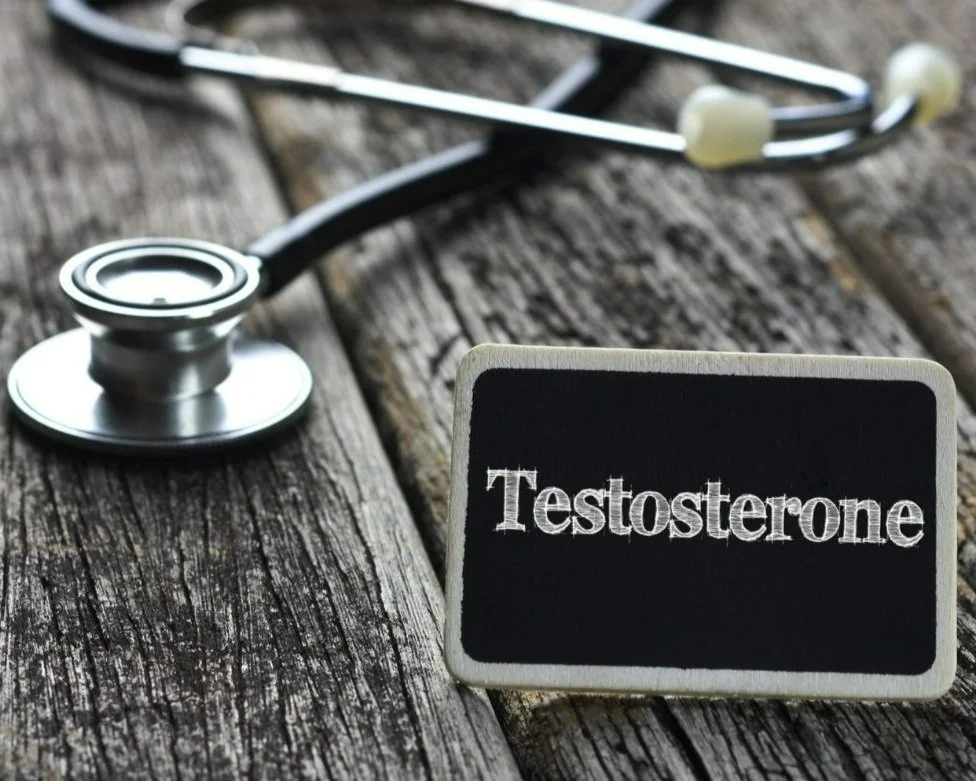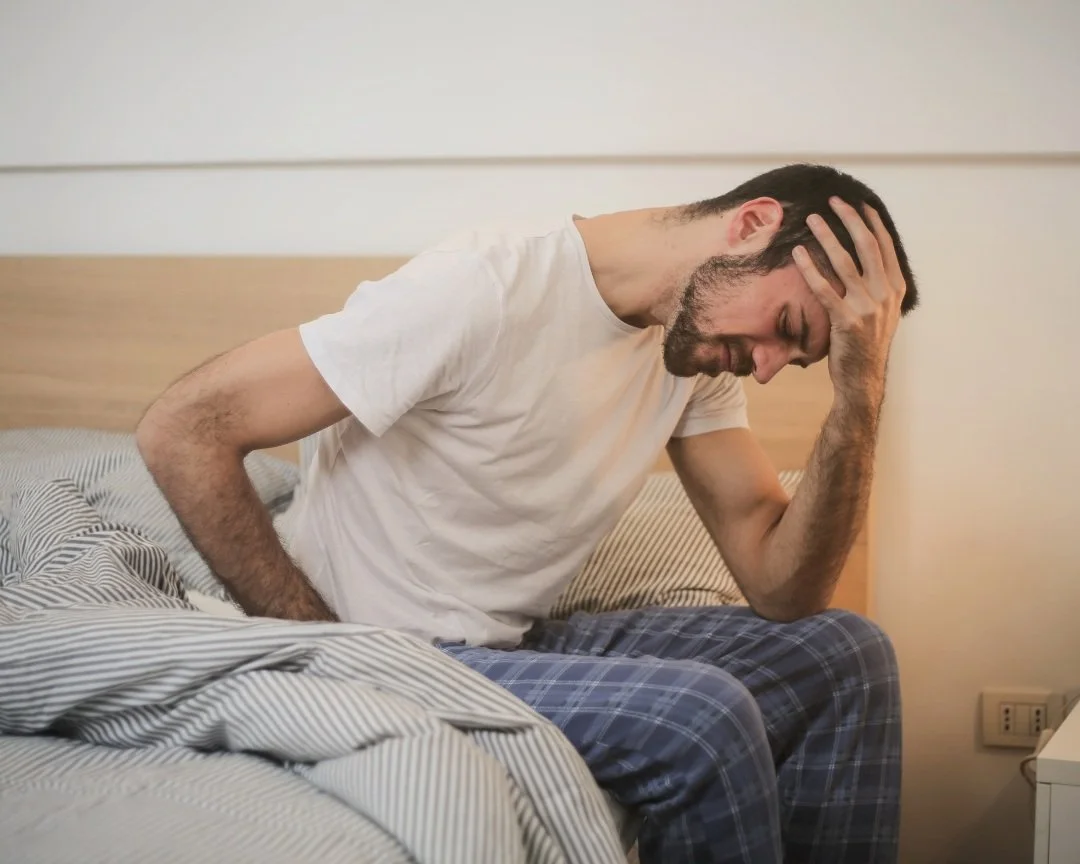The truth about low testosterone
What is testosterone?
Testosterone is a hormone primarily found in males, but also in females in smaller amounts. It is responsible for the development of male reproductive tissues such as the testes and prostate gland, and also plays a role in the growth of bone and muscle mass, as well as the production of sperm.
Signs and symptoms of low testosterone
Low testosterone can be a problem for men of any age, but it's especially common among older men.
Common symptoms:
Decreased libido
Lack of energy
Poor stamina
Mood swings
Loss of muscle mass
Reduced strength.
How many men do you know who suffer with similar symptoms?
Testosterone deficiency is an epidemic. In over 7,000 blood tests, “more than 80% of men tested showed signs of less-than-optimal testosterone blood levels.”
The truth is that many otherwise healthy male patients have low testosterone levels due to a combination of factors.
These include lifestyle choices like excessive alcohol consumption and stress, obesity, smoking and environmental toxins.
Men with low serum total testosterone concentrations are at significantly greater risk of death from any cancer, cardiovascular disease or respiratory disease.
There are four main switches that turn on or off the body's production of testosterone.
Cortisol peaks during fight and flight stress periods suppresses testosterone production.
Hight Insulin in type 2 diabetes and obesity causes testosterone to not be produced
Excess oestrogen inhibits testosterone production too, especially when produced by the fat cells in the tummy.
Oxidative stress, free radicals and toxins damage the cells. According to research 77% of men are chronically stressed, overnight and many obese. Stress puts the body in prolonged periods of fight and flight, leading to low testosterone.
Next week, we will focus on the most efficient and healthy way to restore the testosterone production.
Know anyone who might be interested to “switch on their testosterone”. Send them this email and encourage them to book a free consultation with a functional doctor.


